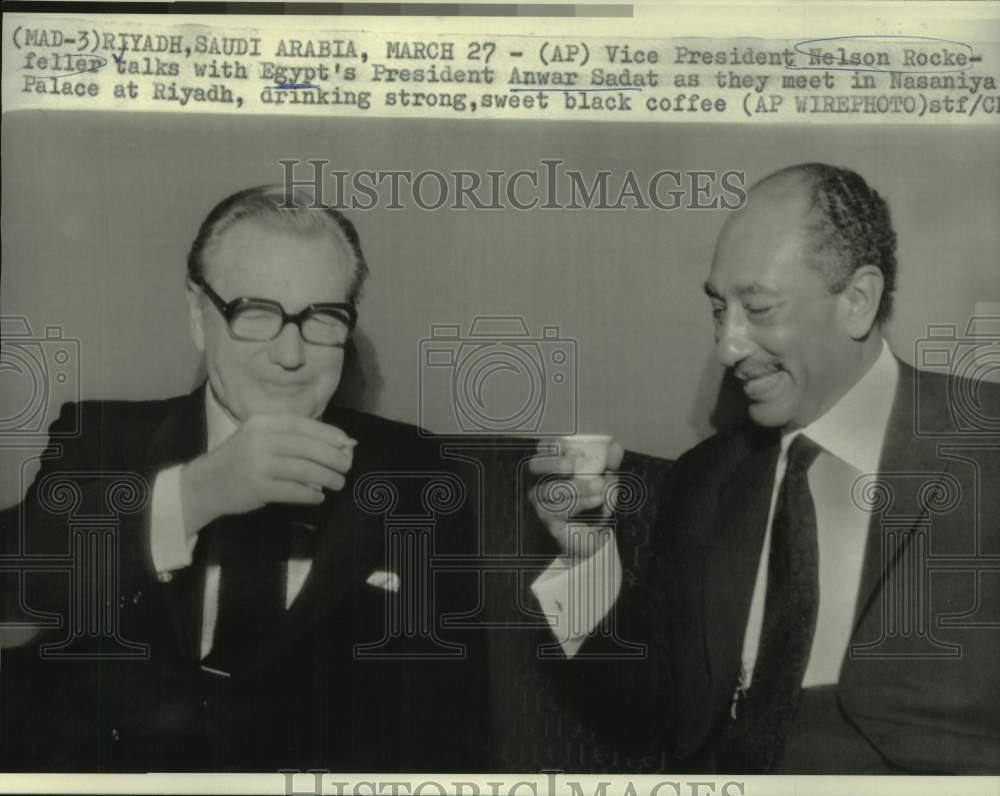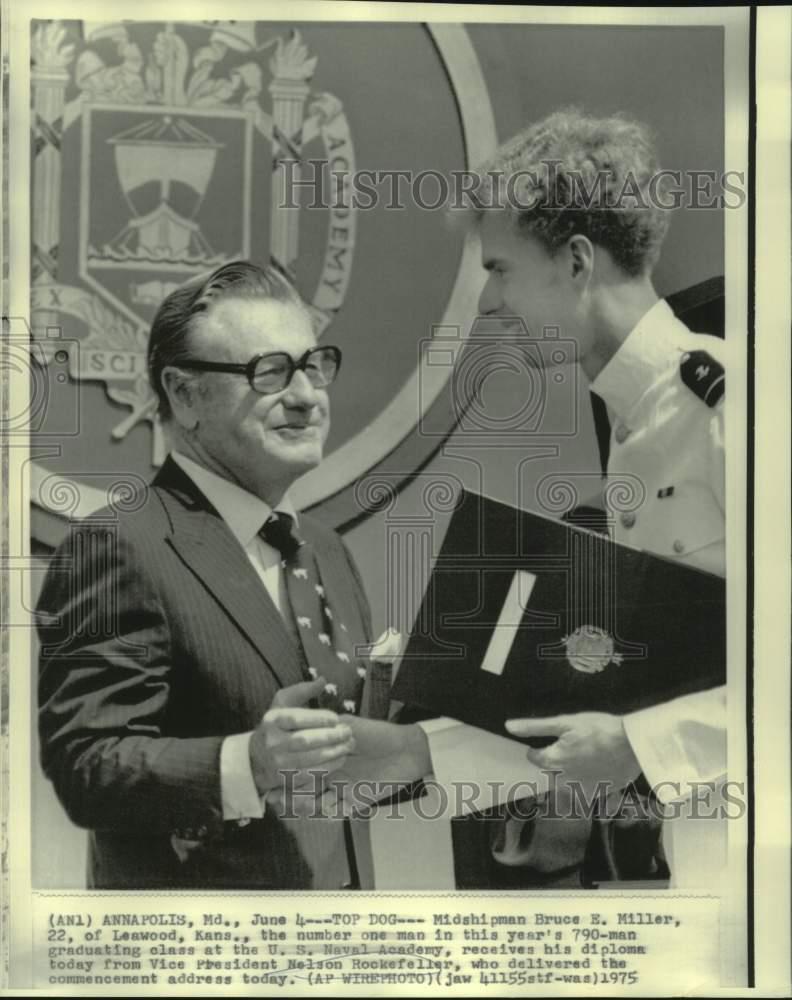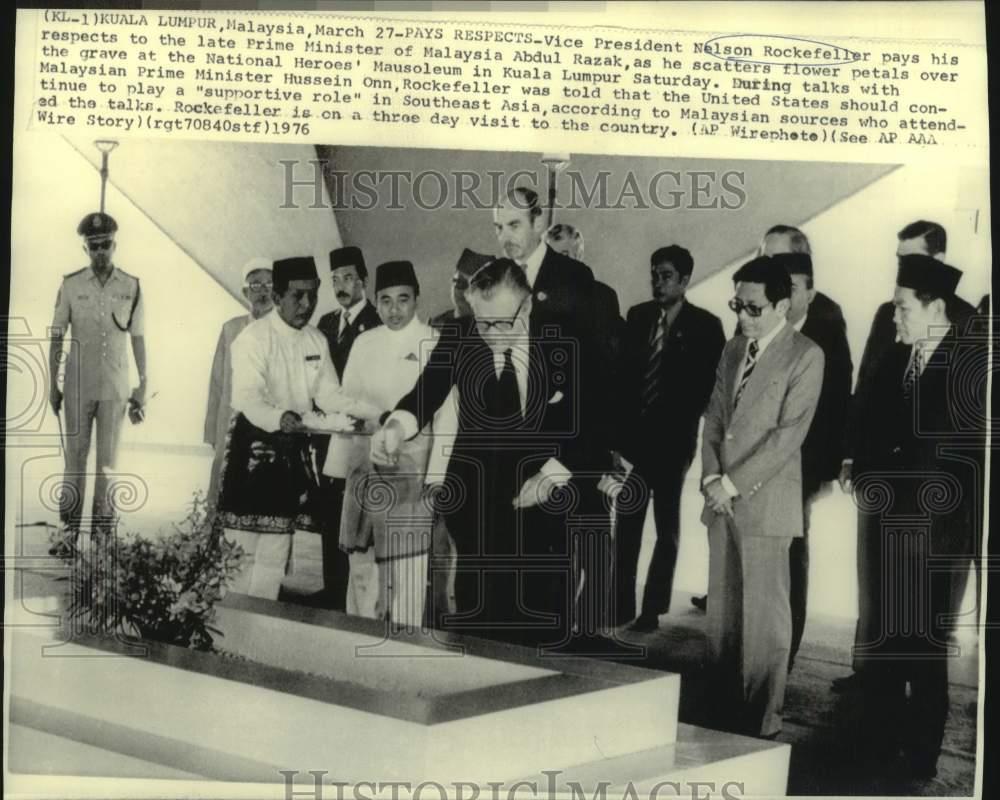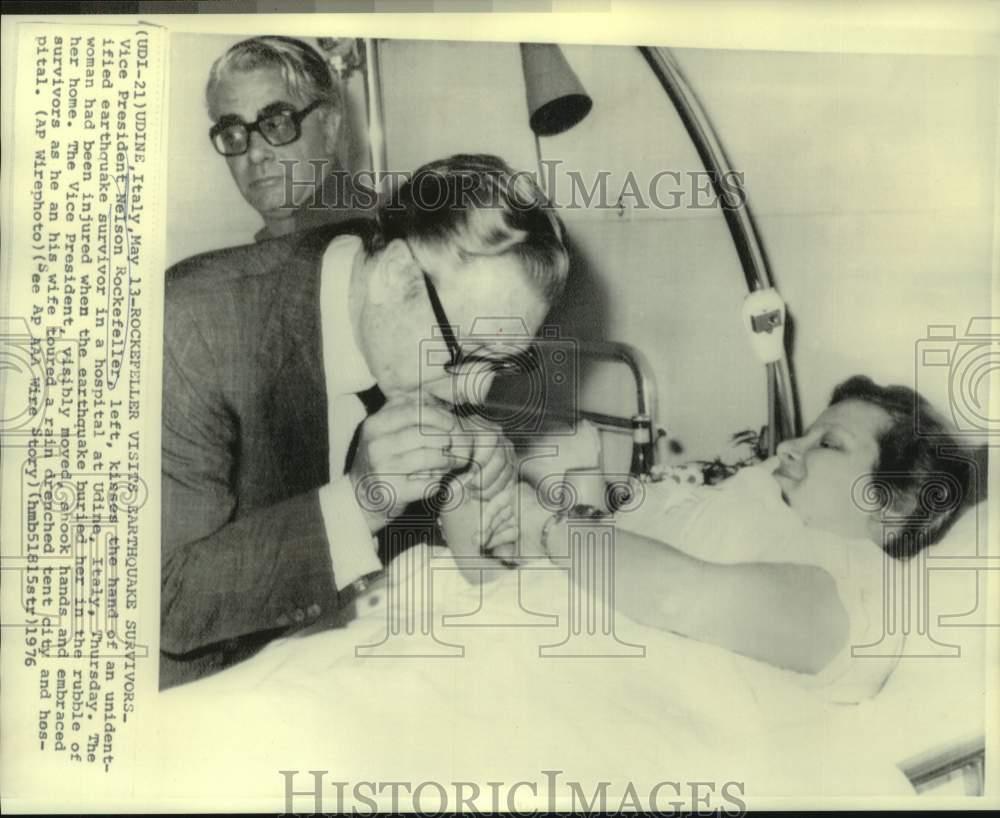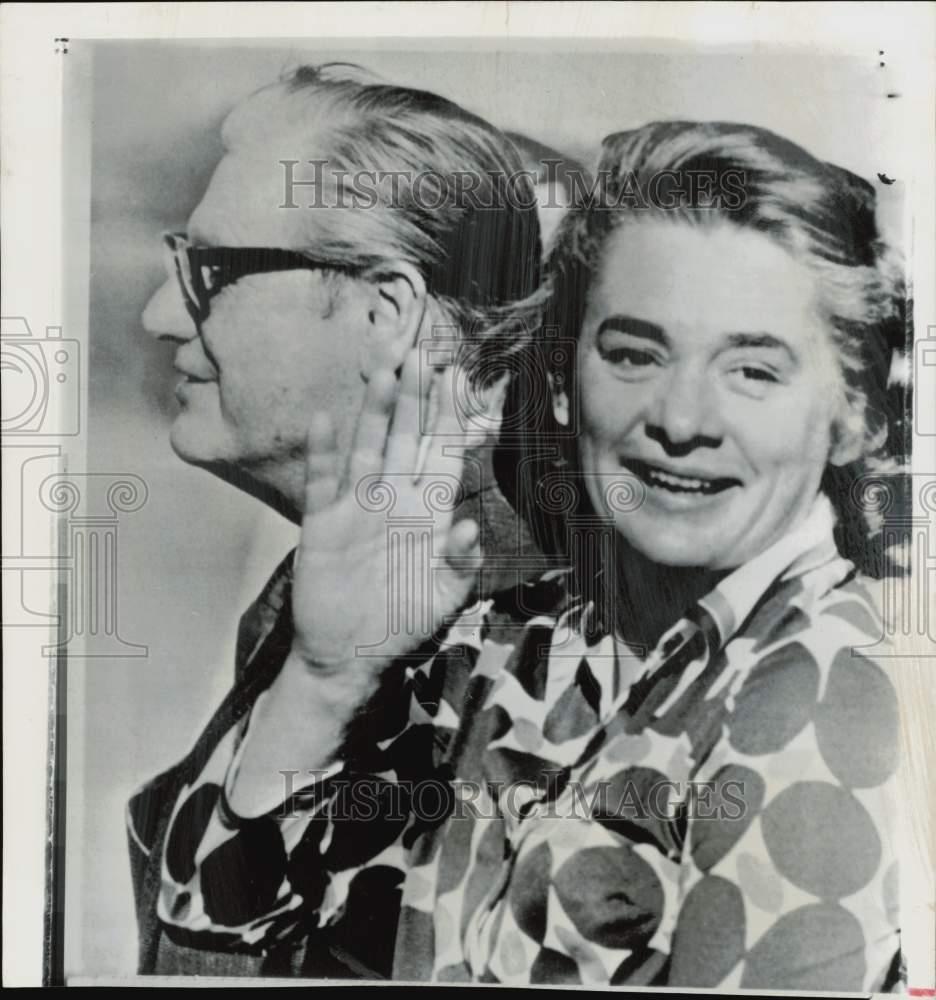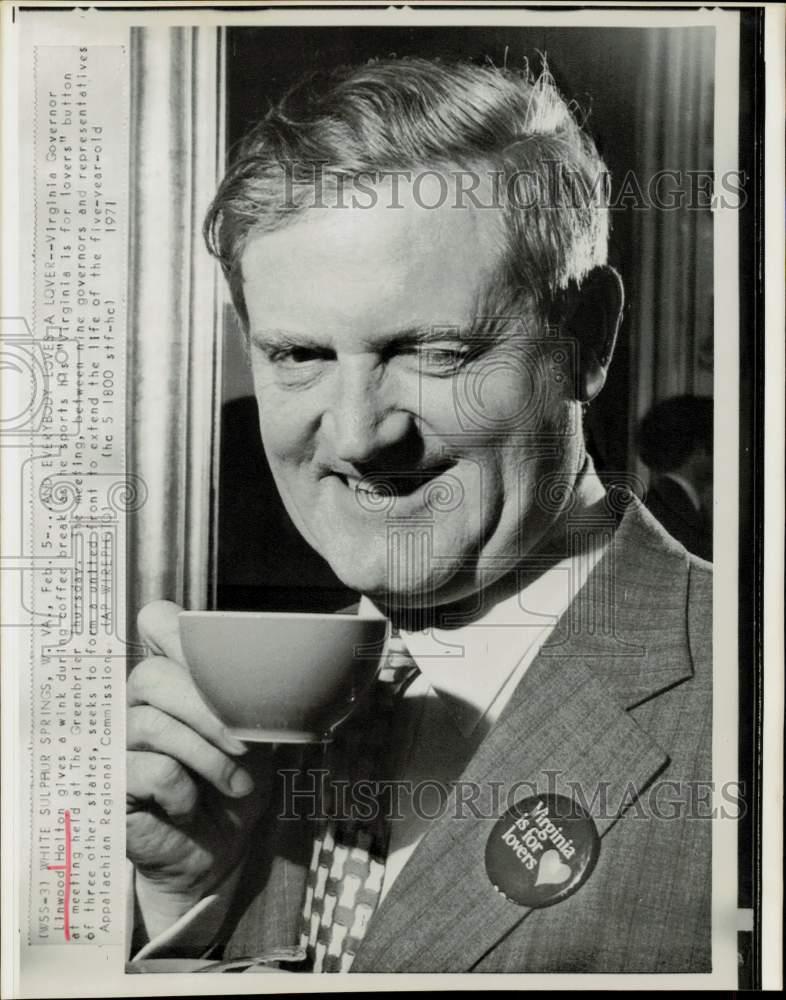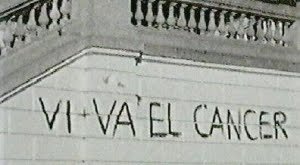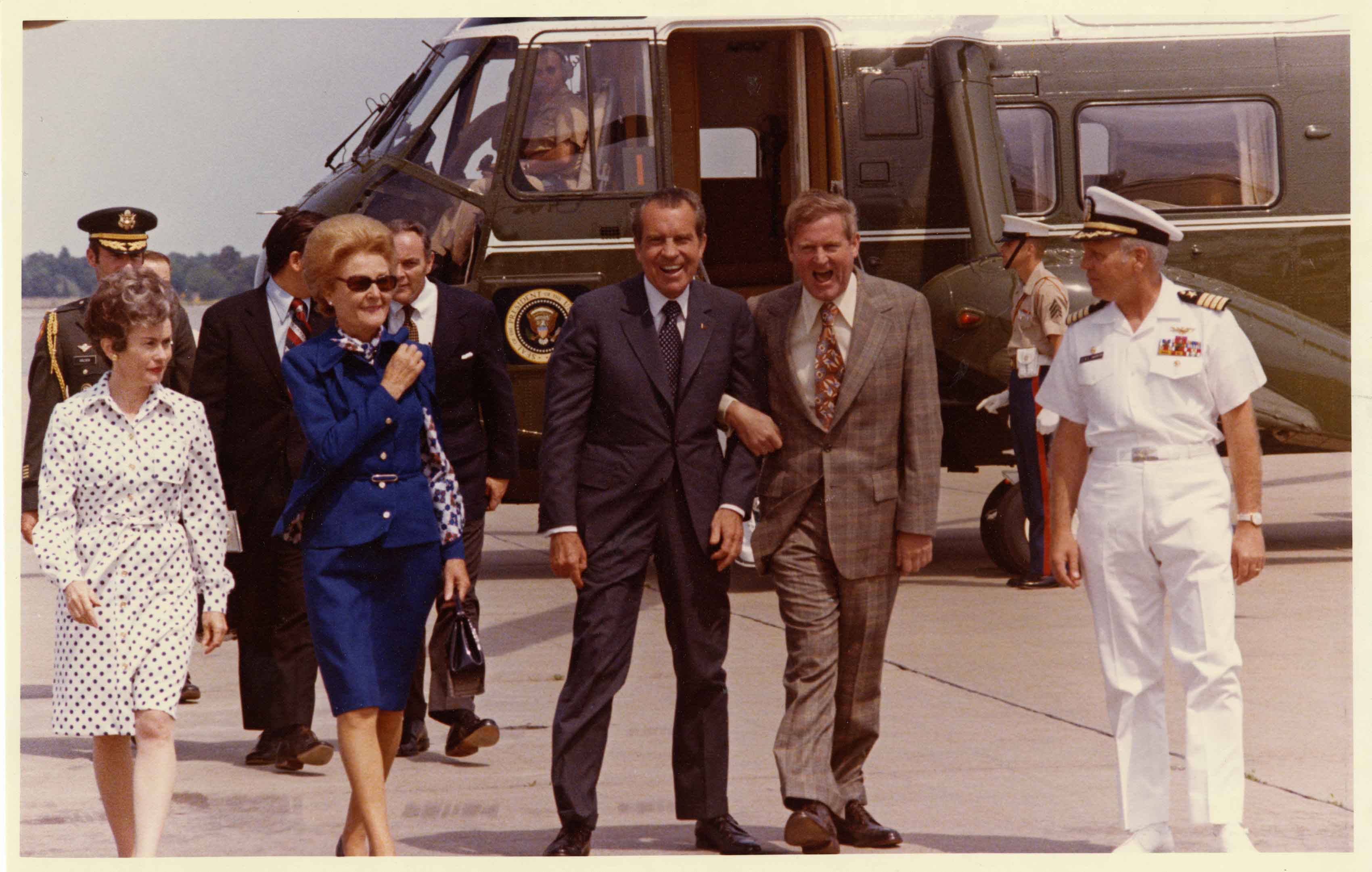Sergeant Foley
Well-known member
FOREIGN POLICY AND INTERNATIONAL AFFAIRS (PART I)
 *Rockefeller signed executive orders dismantling the Detente Policy with the Soviet Union and the People's Republic of China: the policy which had been going under the Nixon and Ford administration. He also terminated the SALT Treaty with the Soviet Union as well as blocking Soviet astronauts from participating in joint space shuttles with American astronauts.
*Rockefeller signed executive orders dismantling the Detente Policy with the Soviet Union and the People's Republic of China: the policy which had been going under the Nixon and Ford administration. He also terminated the SALT Treaty with the Soviet Union as well as blocking Soviet astronauts from participating in joint space shuttles with American astronauts.
*Relations between the United States and the Soviet Union deteriorated even further when Rockefeller ordered the removal of Soviet Embassy staff employees and deported them out of the country altogether. The Soviets responded by ordering public trials in 1978 of dissidents who complained of government interference with civil liberties, sentencing them to prison.
*Aggressively increased military and economic aid to Uruguay, Paraguay, Guatemala, Chile, Bolivia, Peru, Brazil and the Argentine Republic. The Rockefeller administration also staunchly doubled-down on sponsoring the controversial Operation Condor as well as supporting the Dirty War campaign launched by Argentine Republic President Lieutenant General Jorge Rafael Videla.
*Implemented the Good Neighbor Policy, which was successful in fostering relations with lots of countries in Latin America, Africa, the Middle East, Europe, the Caribbean and Asia.
*Significance of the Good Neighbor Policy included some military governments released political prisoners and announced plans to reestablish civilian governments.
COMING SOON IN THE AMERICAN REPUBLIC: Profile on Farah Pahlavi


*Relations between the United States and the Soviet Union deteriorated even further when Rockefeller ordered the removal of Soviet Embassy staff employees and deported them out of the country altogether. The Soviets responded by ordering public trials in 1978 of dissidents who complained of government interference with civil liberties, sentencing them to prison.
*Aggressively increased military and economic aid to Uruguay, Paraguay, Guatemala, Chile, Bolivia, Peru, Brazil and the Argentine Republic. The Rockefeller administration also staunchly doubled-down on sponsoring the controversial Operation Condor as well as supporting the Dirty War campaign launched by Argentine Republic President Lieutenant General Jorge Rafael Videla.
*Implemented the Good Neighbor Policy, which was successful in fostering relations with lots of countries in Latin America, Africa, the Middle East, Europe, the Caribbean and Asia.
*Significance of the Good Neighbor Policy included some military governments released political prisoners and announced plans to reestablish civilian governments.
COMING SOON IN THE AMERICAN REPUBLIC: Profile on Farah Pahlavi

Last edited:



